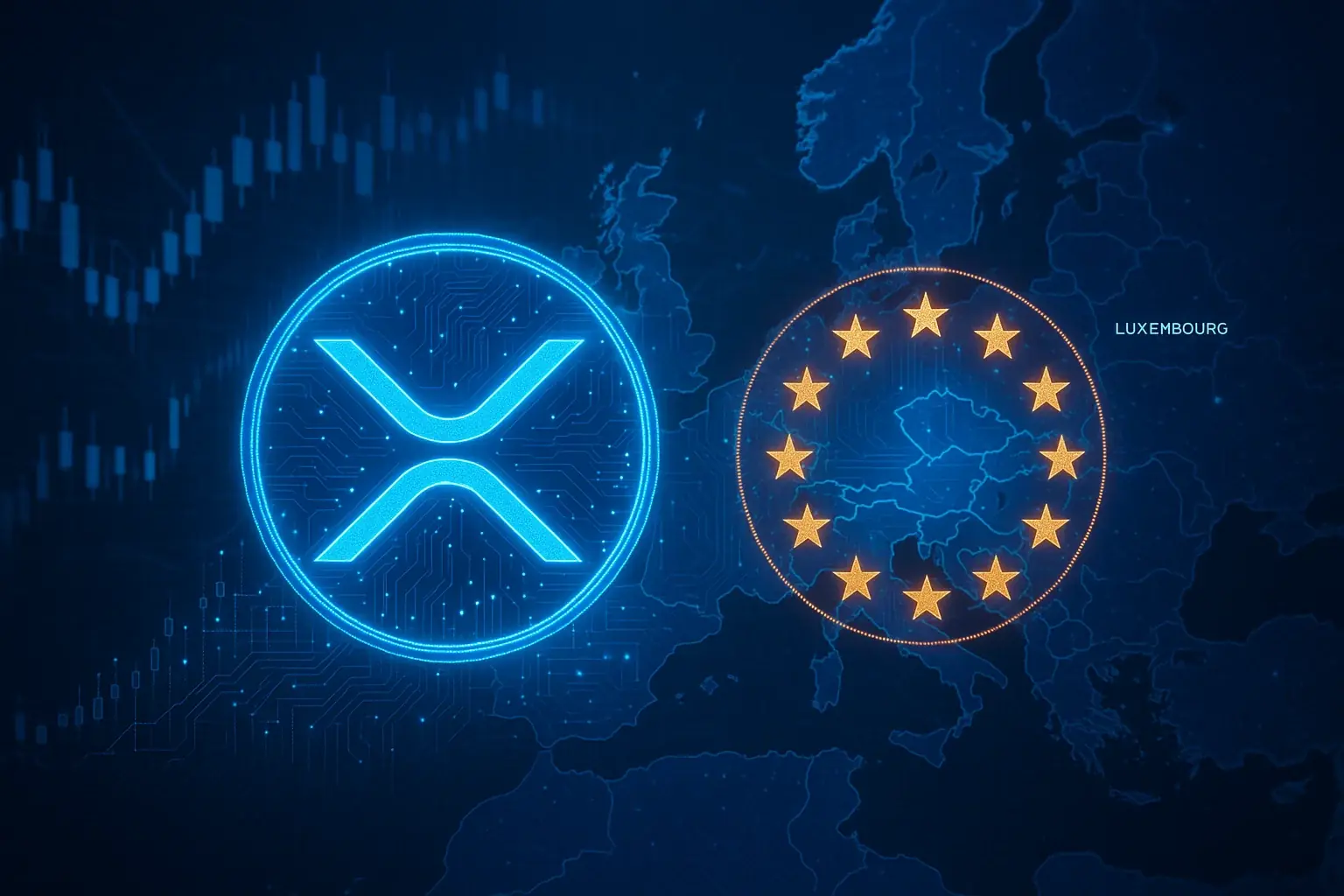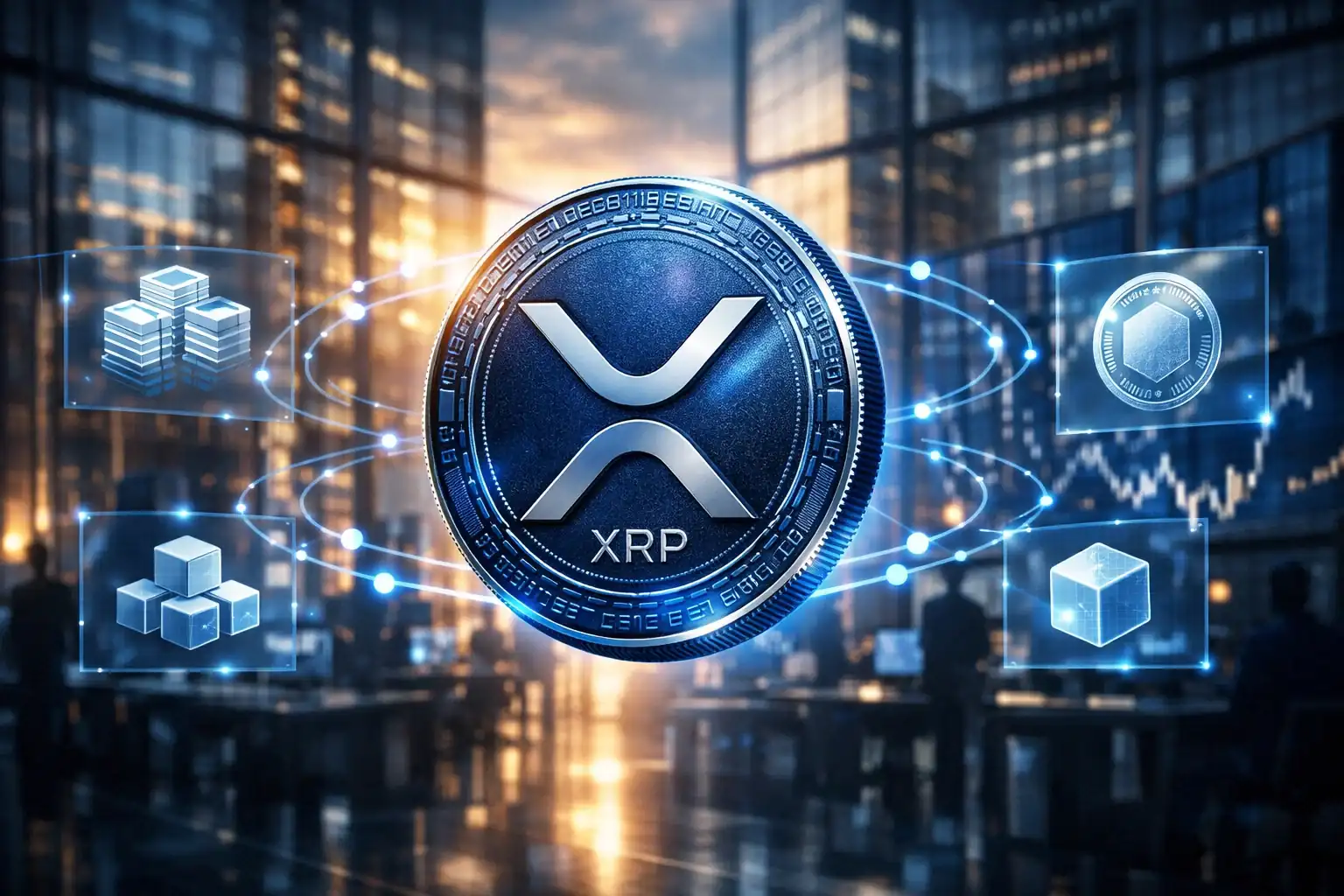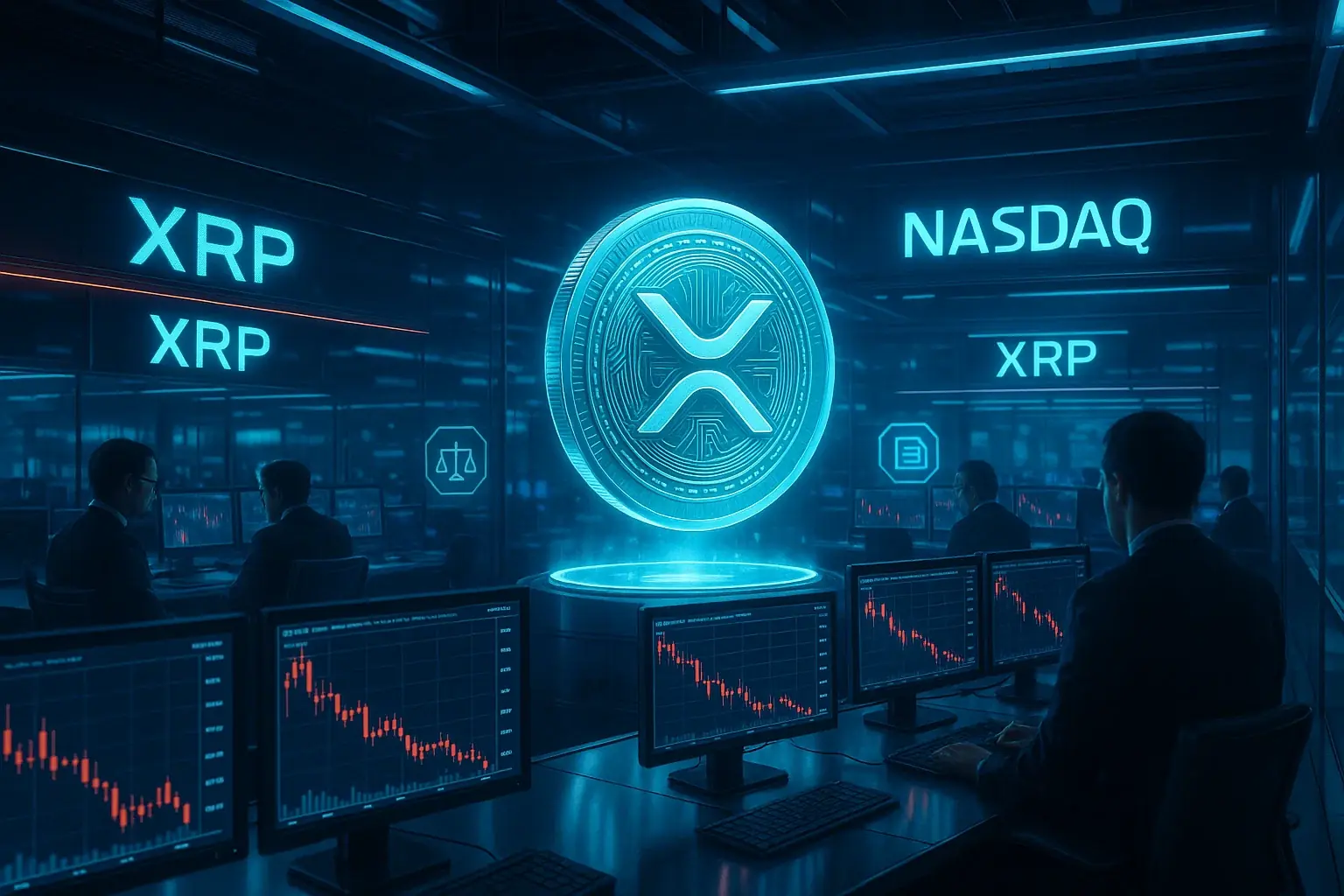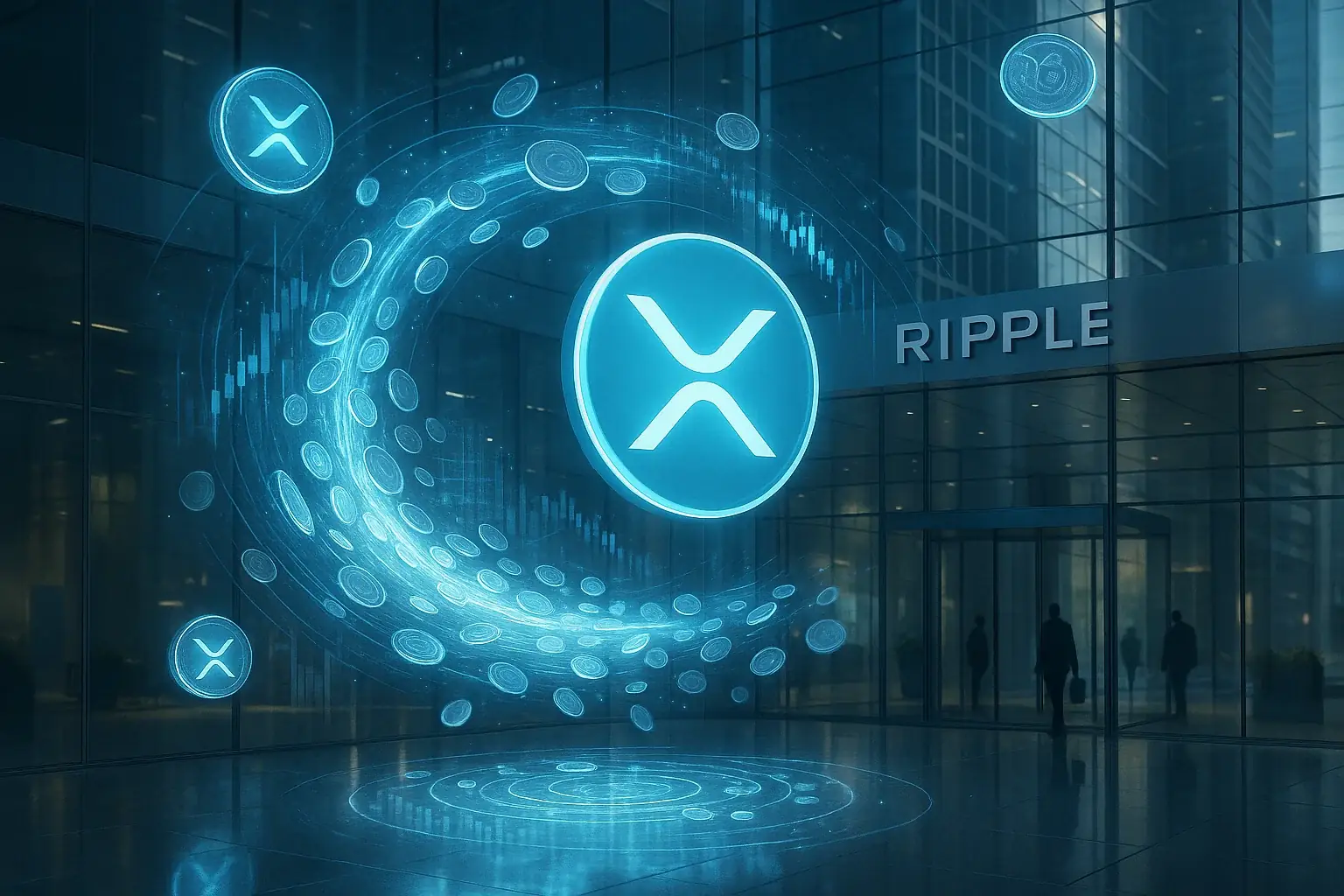Cryptocurrency company Ripple has officially announced its plans to strengthen its position in Europe by focusing on compliance with the new EU regulation called MiCA (Markets in Crypto-Assets). The company intends to obtain a licence that will allow it to offer its payment solutions within a clear and legally defined regulatory framework.
MiCA Regulation: The New Rules of the Game
The MiCA, which came into force in the European Union, is the first comprehensive and global regulation on crypto assets. It establishes transparent requirements for transactions with digital assets, protects the interests of investors and creates uniform standards for companies operating in this sector.
For Ripple, this is not only an obstacle to overcome, but also an opportunity to strengthen trust on the part of banks, companies and regulators.
Obtaining a licence under the MiCA will allow the company to freely offer its services throughout the EU, without having to register individually in each member state. This approach allows the company to build a centralised business model and focus on product development.
#Ripple plans to seek a MiCA licence for EU crypto and stablecoin expansion.$XRP pic.twitter.com/kwAv3T8jFU
- Christiaan (@ChristiaanDefi) July 15, 2025
Ripple Payments Europe: Headquarters in Luxembourg
In April this year, Ripple registered a subsidiary, Ripple Payments Europe S.A., in Luxembourg, a jurisdiction known for its favourable attitude towards innovative financial technologies.
A choice that is anything but random: Luxembourg is becoming a strategic hub for obtaining the necessary licences and launching regulated products across the EU.
According to industry experts, Ripple has applied for a licence as a e-money institution. This will allow it to legally conduct payment transactions and serve both private and corporate customers.
Ripple considers the European market a priority. The demand for fast, secure and transparent payment solutions is steadily growing, especially in light of the tightening regulations on credit transfers and cross-border transactions.
Thanks to MiCA, licensed companies can count on simplified cooperation with European banks, investment funds and payment providers. This paves the way for the creation of new partnerships and the launch of innovative projects based on the blockchain.
Impact on the Market
Ripple's entry into the EU regulated market could be a turning point for the entire digital finance industry. It is an example for other crypto companies: complying with regulations is not a limitation, but a way to achieve legalisation, growth and trust from the big players in the sector.
This approach demonstrates the maturity of the sector, which is moving from an experimental phase to full integration with the traditional financial system. Ripple is, in effect, building a bridge between decentralised technologies and conventional institutions.
In the near future, the company is expected to complete the authorisation process and begin expanding its network of customers and partners across the EU. The main focus will be on the corporate sector and cross-border payments. In addition, Ripple could be one of the first major players in the crypto world to operate under new European legislation.
Ripple is betting on Europe and MiCA regulation to become a leader in digital payments. The company's next phase is not just about adapting to the rules, but about strategic expansion based on transparency, trust and technological superiority.








